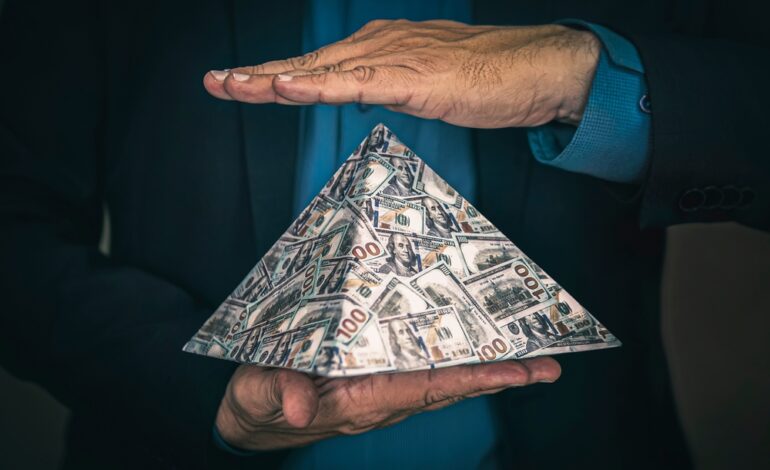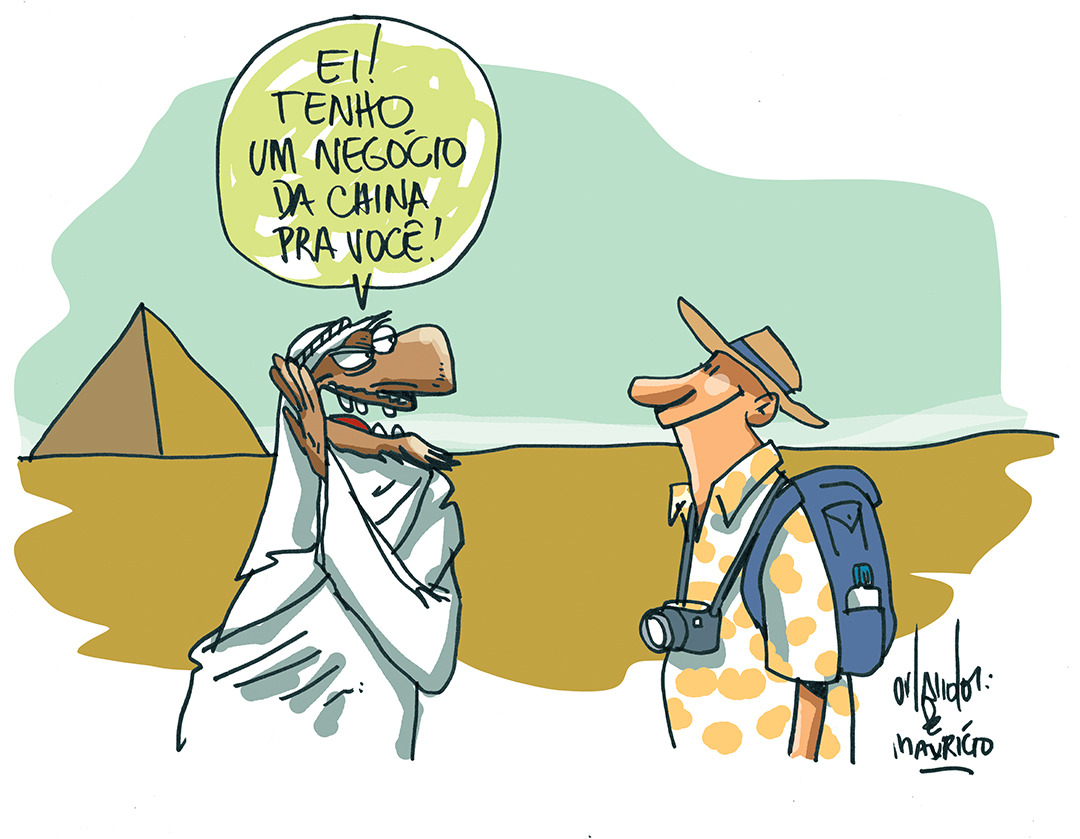The immortality of pyramid schemes

"Easy money is often the hardest path to true prosperity"
Socrates
This week, a lawyer from Rio de Janeiro was shot dead in front of his office. The police are investigating whether the motive for his murder was linked to the fact that he had dismantled a cryptocurrency pyramid scheme. This barbaric crime makes us think about how pyramid schemes keep reluctantly reappearing in new guises, and now with the sophisticated help of technology, the internet and its applications. It's a fascinating phenomenon because it exploits human frailties.
Cases such as Boi Gordo (Brazil 1990), MMM (Russia 1990), Banco Santos (Brazil 2004), Avestruz Master (Brazil 2005) Bernard Madoff (2008), Telexfree (Brazil 2013), Atlas Quantum (Brazil 2018), PlusToken (China 2019) and the most blatant of them, that of Albania in 1997, which resulted in the overthrow of the government and left thousands dead, continue to emerge all over the world. Now cryptocurrencies are being used for this purpose.
How can a system whose mathematical limitations are not difficult to demonstrate and whose practical failures are so well known survive in the age of instant communication?
There are attempts to explain this phenomenon by the illusion of easy money, social pressure from "friends" and family, lack of financial education and the desire to get rich quick. Psychologists and economists justify this collective ignorance as an intrinsic human factor in capitalist society, comparing it to other consumer problems such as drug addiction, gambling, eating disorders whose origin lies in poor socialization and lack of information. The media is also cited as a factor in encouraging fraud, as it ends up inducing consumers into bad habits.
Without wishing to deny the reasons above, what I think is most responsible is distrust of the traditional financial system and the always far-fetched and tedious understanding of financial operations. Try explaining to an ordinary citizen what derivatives, variable income, fixed income (which isn't fixed), funds, CDI, CRI, CRA are and that, although he didn't even know Lojas Americanas existed, the money he put in the bank ended up in a multimarket fund, which invested in this company without his knowledge and lost the investment. He, who probably didn't even know the company, was harmed by the "geniuses" of the market.
This sophistication of traditional financial applications feeds a myriad of professions that orbit private money, but are unable to translate into common language how the money is being invested and how the investor will be able to benefit from this investment.
In this vacuum of knowledge, the investor ends up being seduced by the fraudster, who is usually smooth-talking and simple-speaking, exploiting individual and collective mechanisms of self-deception to make his victims blind to the inconsistency of the miraculous investment.
It works, because the pyramids cyclically reappear like Egyptian plagues devouring all other people's investments.

Market regulators are trying to hinder the formation of new pyramid schemes, but the practical results are inconsistent.
The solution is for banks to attract investors to simpler, easier-to-understand operations and to resume personal contact with their clients. When the money is securely invested in serious financial institutions, the scammers' space is taken away and these pyramid engineers finally have to find a job.
Every day the world becomes more technological and genuine human relationships become more distant, making us more lonely and emotionally disconnected, despite the apparent digital connection. This autonomous force of technology shapes society and makes us more alienated from each other.
Thus, in an age when bank branch managers are museum figures and the bank's contact with the customer is only electronic, fertile ground has been sown for the pharaohs to operate pyramid schemes, because these sellers of illusion are present, talking personally and exhaustively with their victims at all times until the money is invested. Pyramid schemes don't use telemarketing, e-mail or 0800. More humanity in the financial market would help to keep fraudsters away.



1 Comment
how many people are deceived because they want to make easy money.